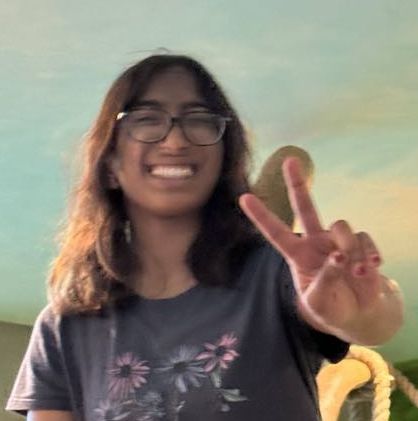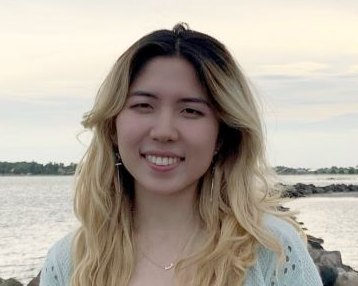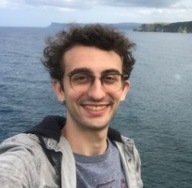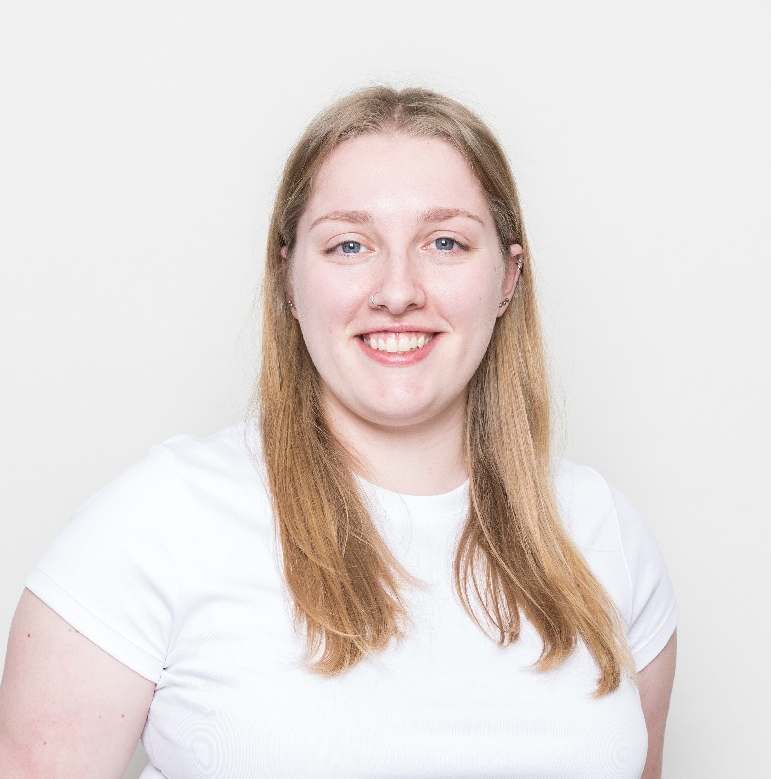"I would absolutely consider coming back to Hamburg in the future"
In 2022, MIT graduate Octavio Vega spent ten weeks as an intern in the Gravitational Wave Detection Research Group of Prof. Oliver Gerberding (Universität Hamburg). The internship was funded by the Hamburg Ministry of Science, Research and Equalities. In an interview with us, he talked about his experiences in Hamburg.
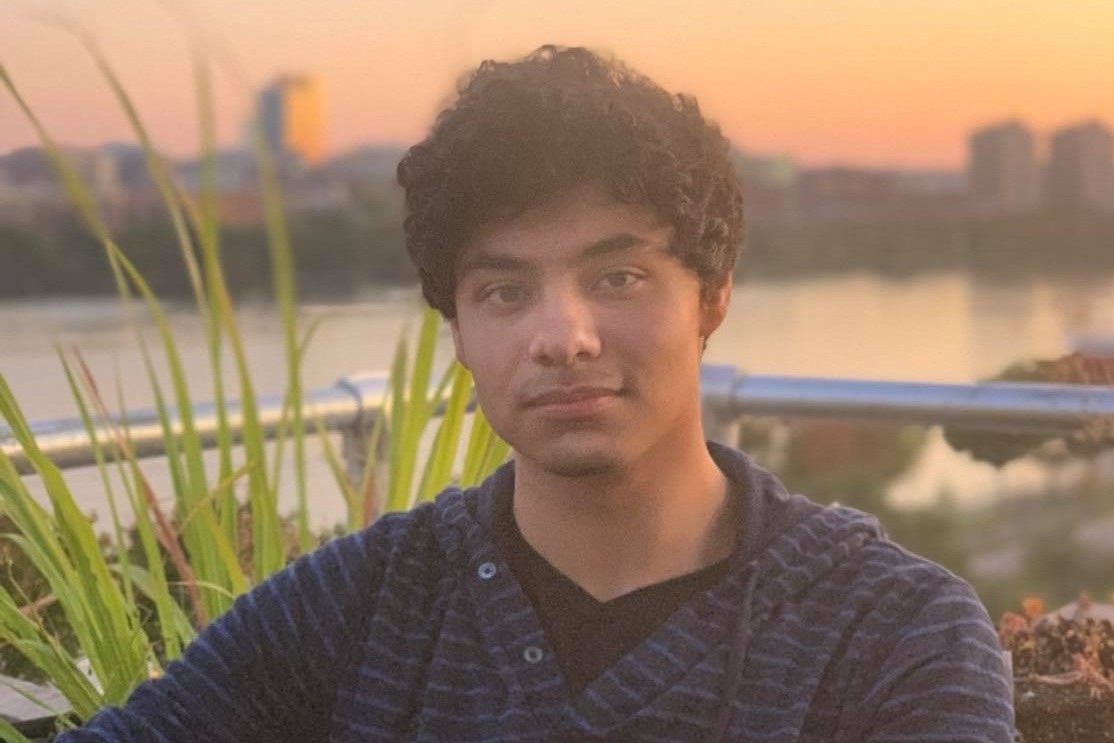
What made you choose Hamburg as a destination for your internship? What did you find here – regarding your scientific interests – that you could not find in other places?
I chose Hamburg because I knew of its reputation as a large, diverse, and modern city. The scientific community surrounding DESY as well as how the large shipping ports made the city an industrial epicenter with lots of opportunity already impressed me. Regarding my scientific interests, I actually decided to switch to a new branch of physics for the summer—experimental gravitational wave analysis—whereas during my time at MIT I focused my research on theoretical particle physics. I believe Hamburg was the best place for me to do research in this topic because it gave me access to the strong DESY research environment and Hamburg, but it also supplemented my research with field experience, as I got to see the GEO600 detector as well as visit the Max Planck Institute for Gravitational Physics and the Albert Einstein Institute. I even sat in on some meetings with LIGO scientists, which is the most famous gravitational wave collaboration. So northern Germany in general offered me quite an indulging and expansive overview of what the gravitation community is up to.
What kind of research are you working on in your research group here in Hamburg?
My two major projects in my group were software development as well as modeling a vacuum isolation chamber. Within the former, I contribute to the development of a python package called “Spicypy,” which fuses techniques from control systems, signal processing, and data science to allow users to execute these methods in the context of gravitational wave detection. As for the latter, I spent a lot of time designing a python model for an active isolation system known as “VATIGrav,” which is set to arrive to our group in September and will play a large role in engineering advancements within the gravitational waves academic community.
What, in your view, is the biggest difference between UHH/DESY and MIT? Do you feel, for example, that there are differences between Germany and the U.S. regarding lab or research group culture?
The biggest difference for me was the greater emphasis on work/life balance here at UHH. My group would often take breaks during workdays to do things such as group lunches, rooftop visits, eat cake, etc. We bonded outside of work too by getting together from time to time. But in general, everyone would not work into the evening and take mental health as well as personal free time very seriously, which was a healthy contrast from the pressure to work into the late hours of the evening back at MIT.
Have you had a chance to get to know Hamburg and its surroundings a little bit? What is your impression?
I definitely got many chances to explore the city and get to know Hamburg. I enjoyed visiting Sternschanze with my friends, and going to the Stadtpark every now and then. I lived in Eimsbüttel for the summer, and I really loved this neighborhood’s calmness and family-friendliness. I also really liked the Hafencity, and riding the ferry around the river. The beach and forests near Blankenese were super fun, too. I’d recommend checking these places out, as well as some of the clubs along Reeperbahn in Saint Pauli, and definitely some of the attractions like Miniature wonderland.
Outside of Hamburg, I also got to see some nearby cities and areas like Kiel, Timmendorfer Strand, and Hannover. I gained a deep appreciation for the rural scenery of northern Germany, and for the urban history of the Hanseatic league.
What is the most important thing you have learned – for your scientific career or for life in general – during your stay here?
Talking with people here in my lab and experiencing the work culture in Hamburg after graduating from MIT’s high-intensity environment has taught me to slow down a bit. I learned the importance of putting down the pencil and closing the laptop to go have a beer with friends, or walk around the streets at sunset. Our work careers are important, but so is enjoying our time and making the most of life’s freedom. I used to think that, on any given time scale, working non-stop so that I could free up time later was the best way to feel accomplished and content. But living in Germany for over two months has taught me that balance is the key to contention; living your life as you work, embracing spontaneity, and making the little moments count achieves that balance.
What are your career plans (as far as you can already say)? Would you like to stay in academia?
In the immediate future, I am planning on staying in Germany to pursue my Master’s degree and returning to my research in lattice field theory. My long-term plans are to stay in academia after that, hopefully still researching computational and theoretical high-energy physics, fusing machine learning with quantum field theory. Beyond that, I could see myself in the distant future contributing to public and/or foreign policy, or economic research. But for the foreseeable future, I want to stay in physics academia.
Would you consider coming back to Hamburg in the future, for example as a graduate/ PhD student?
Given the positive experience I’ve had and friends I’ve made this summer, I would absolutely consider coming back to Hamburg in the future, depending on where my research interests and available opportunities take me. If I switch disciplines in physics, I could surely see myself working at the Max Planck Institute for the Structure and Dynamics of Matter as a postdoc or researcher down the line, for example.
Thank you very much, Octavio!
